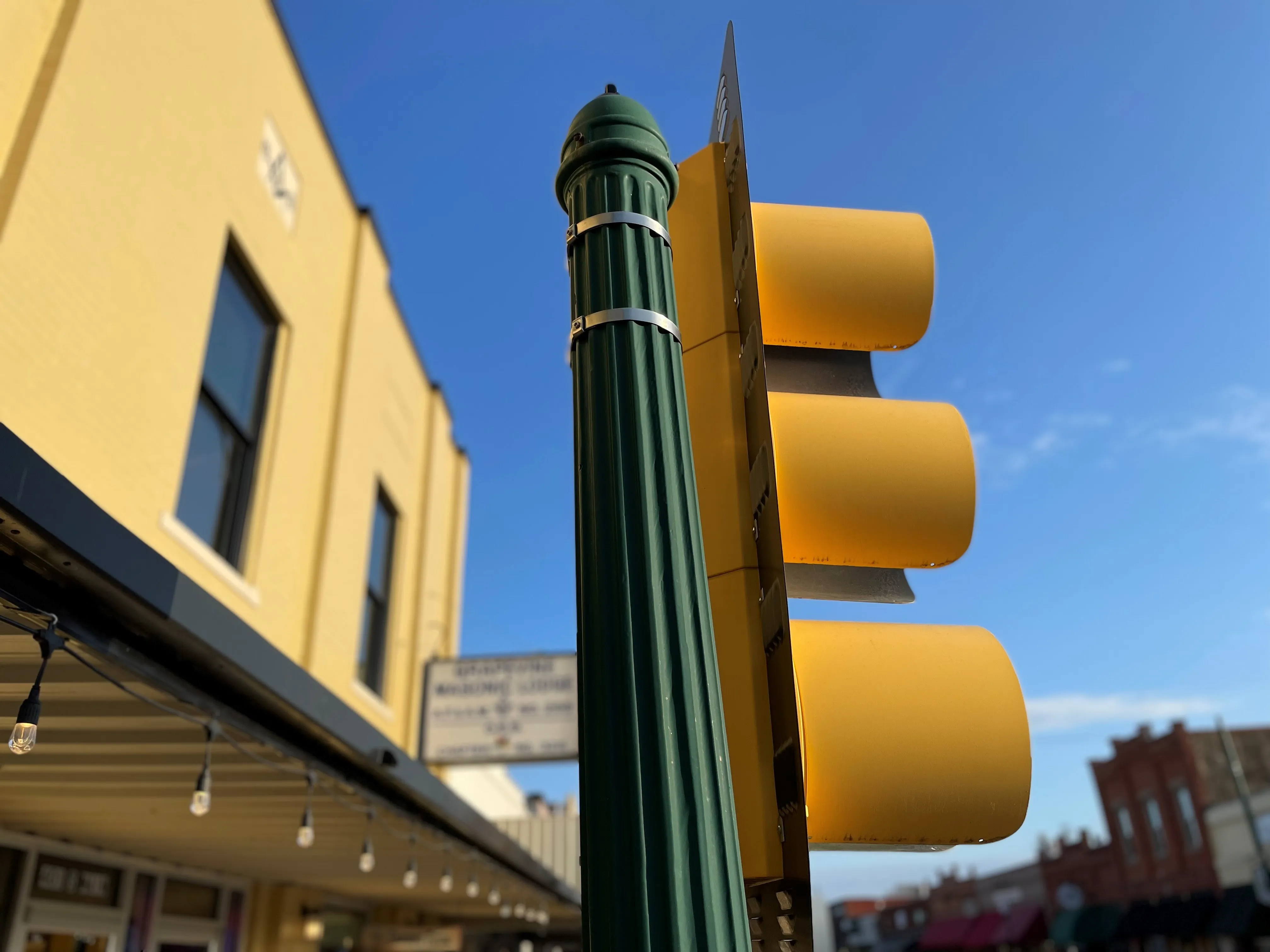The company says its intelligent road infrastructure will reduce traffic congestion, enhance safety and provide more availability for mass transit.
Siemens Mobility’s Road Side Units (RSU) will help provide near real-time information between vehicles and infrastructure at four intersections with a signal. In addition, an integrated SPAT (signal phase and timing) unit will forecast green and red-light timing which is then transmitted via the RSUs to vehicles. The company’s vehicle on-board units will provide signal prioritisation for 16 Rheinbahn buses.
The Rheinbahn vehicles are equipped with satellite positioning to test public transport privileges such as right of way and designated lanes.
Siemens Mobility to provide infrastructure for C/AV test track in Germany
Siemens Mobility will provide equipment for a 20km test track dedicated to the development of connected and autonomous vehicles (C/AV) in Düsseldorf, Germany. The company says its intelligent road infrastructure will reduce traffic congestion, enhance safety and provide more availability for mass transit. Siemens Mobility’s Road Side Units (RSU) will help provide near real-time information between vehicles and infrastructure at four intersections with a signal. In addition, an integrated SPAT
September 26, 2018
Read time: 1 min










